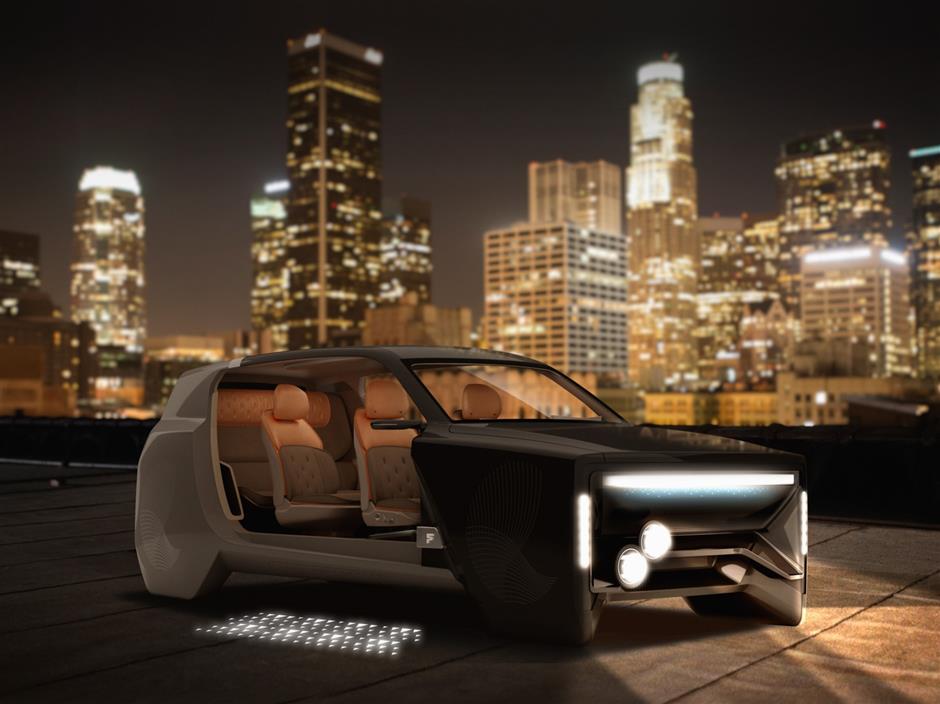Forvia Group, the world’s seventh-largest automotive technology provider, announced it has signed a joint venture agreement with Chery Automobile to cooperate in intelligent and sustainable cockpits.
In the agreement issued on April 11, FORVIA and Chery said they will set up a “Future Cockpit” joint venture in Wuhu, Anhui Province. The venture will design, develop, manufacture and supply systems and modules related to the full range of cockpits, including seats, interiors and electronics using low carbon dioxide emission materials and processes.
In addition, there will be a new research and development center for industrial design and cockpit integration, as well as the construction of two extra production sites.
With 11.7 million car users worldwide, including 2.65 million overseas, Chery has been China’s leading automobile exporter for 20 years.
“The next strategic focuses of Chery include electrification, going global and sustainable development. We have a broad cooperation future with FORVIA in the field of smart cockpit and low carbon dioxide emission materials, as well as lots of opportunities for cooperation in the overseas market, ” said Yin Tongyue, Chery’s chairman.

Ti Gong
Forvia and Chery are setting up a joint venture to design, develop, manufacture and supply systems and modules related to the full range of cockpits
Patrick Koller, CEO of Forvia, said the automotive industry is currently undergoing a technological revolution and the demand for intelligent and sustainable cockpits is growing.
“In order to stay ahead in this competitive market, we are pleased to further deepen our cooperation with Chery,” Koller said.
Smart cockpit has been considered one of the key technological breakthroughs, along with autonomous driving and electrification, to create cars of the future, which answer multiple demands for leisure and entertainment, social and emotional interaction, serving as a “third living space.”
As the core carrier of in-vehicle information and the key human-computer interaction interface, cockpit displays have shown an obvious trend of “large screen” and “multi-screen” in recent years.
Fusion based on phone-car interconnection, AI on board and the unification of multiple operating systems are becoming the new trend.
According to official statistics, the overall penetration rate of intelligent cockpit in China is close to 60 percent.
